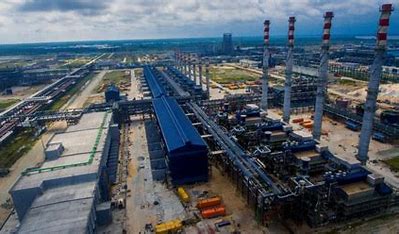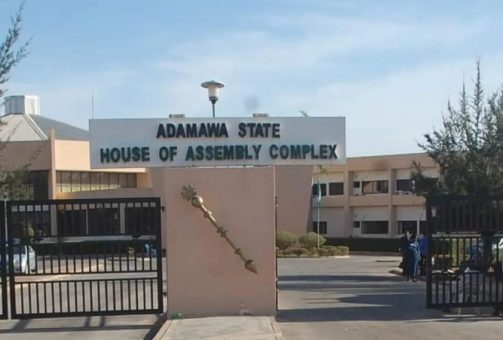
The Independent Petroleum Marketers Association of Nigeria (IPMAN) has announced that over 30,000 of its members will begin purchasing Premium Motor Spirit (PMS), commonly known as petrol, directly from the Dangote Petroleum Refinery in Lekki, Lagos. The new arrangement, which marks a significant shift in Nigeria’s fuel supply chain, will allow IPMAN members to buy petrol in bulk at prices of N940 per litre for shipments via vessel and N990 per litre for truck deliveries.
This deal, which was finalized on Monday, follows months of uncertainty after the Nigerian National Petroleum Corporation (NNPC) suspended its plan to serve as the exclusive off-taker for petroleum products from the $20 billion Dangote Refinery, which has a refining capacity of 650,000 barrels per day. As a result, IPMAN members will now be able to directly lift petrol, diesel, and other petroleum products from the refinery for distribution across the country.
In an interview with Channels Television on Tuesday, IPMAN President Abubakar Garima explained that the new partnership would lead to a reduction in petrol prices at retail outlets nationwide. He noted that the direct supply from Dangote’s refinery would eliminate the need for intermediaries like NNPC and depot owners, which would, in turn, lower costs for marketers and ultimately consumers.
Garima explained, *“With these new arrangements, the price of petrol will likely decrease by about N50 or more depending on the location, as we will no longer be paying intermediaries for the product.”* He also projected that prices in regions such as Maiduguri, where petrol currently costs N1,200 per litre, could drop to N1,150 or lower.
The IPMAN president further emphasized that the deal would not only help reduce prices but also ensure the steady availability of petrol, thus addressing concerns about fuel scarcity. Marketers who previously faced delays in receiving supplies from depot owners will now be able to get products directly from the Dangote refinery, ensuring a more reliable supply.
Garima also noted that the new arrangement would allow marketers to supply fuel more efficiently, bypassing the delays often caused by intermediaries. He added that the lifting of petrol from the Dangote refinery would start soon, with the association still finalizing logistical details and payment modalities.
Regarding the ongoing issue of debt owed by the NNPC, Garima confirmed that the state-owned oil corporation had started repaying the N4 billion owed to marketers. He reassured that the remaining balances would be settled shortly.
IPMAN’s Vice President, Hammed Fashola, also expressed confidence that the new partnership with Dangote would be mutually beneficial. He stated, *“If Dangote can supply us with petrol locally, there will be no need for imports anymore.”* He confirmed that IPMAN had always supported the Dangote refinery and that the agreement would help stabilize petrol prices in the country.
PETROAN to Meet Dangote Refinery
Meanwhile, the Petroleum Products Retail Outlet Owners Association of Nigeria (PETROAN) is also preparing to engage with Dangote Refinery management to discuss potential direct petrol supplies. According to PETROAN Publicity Secretary, Joseph Obele, the Dangote refinery has sent a communication to the association’s president, Dr. Billy Harry, proposing a strategic business meeting to discuss the supply of fuel. PETROAN aims to ensure that the supply of petrol remains affordable and of high quality for consumers while complying with regulatory standards.
Dangote Refinery to Begin Petrol Exports
In related news, the Dangote refinery is set to begin exporting petrol, with reports confirming the signing of export orders for over 200,000 metric tonnes of gasoline. The refinery is expected to begin dispatching the product as soon as the necessary logistics are in place. This follows a public tender in November for the sale of 40,000 metric tonnes of gasoline, which was later canceled due to public backlash. However, refinery officials have since confirmed that they have sufficient stock to begin exporting fuel, marking a new chapter in Nigeria’s oil industry.
The combined effect of the IPMAN-Dangote agreement and the refinery’s export plans is expected to transform the Nigerian fuel market, potentially leading to lower prices, more consistent supply, and reduced reliance on fuel imports.





